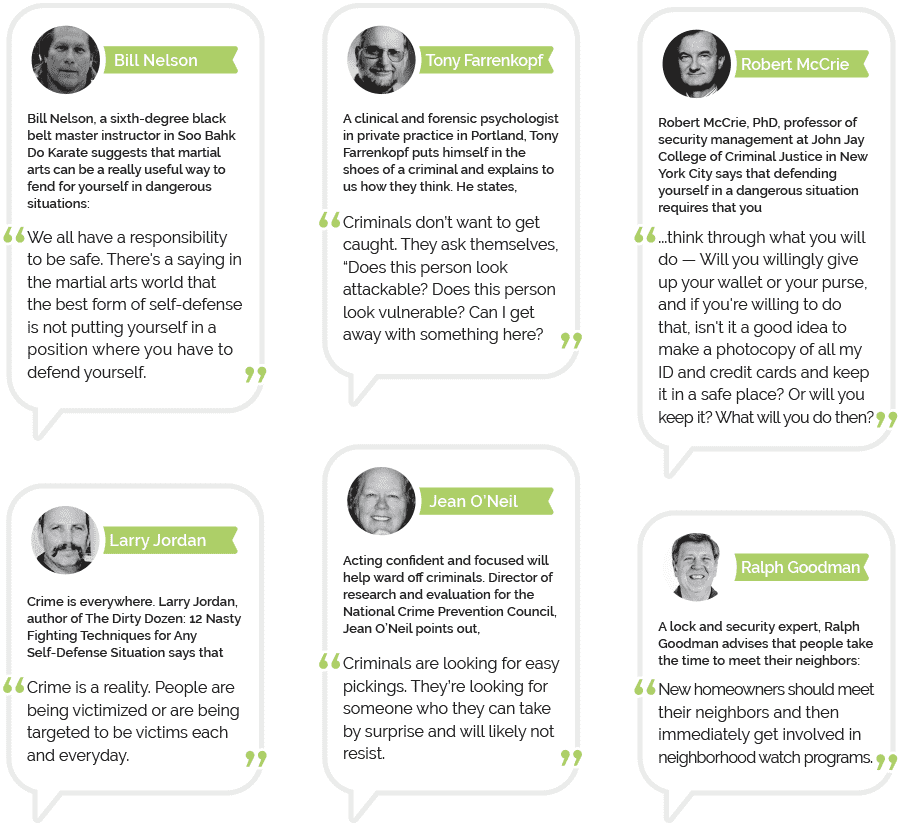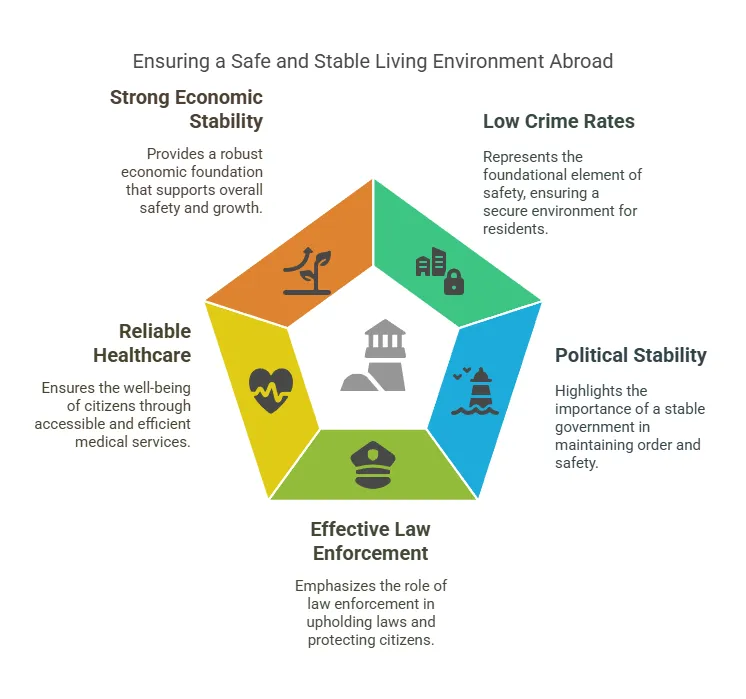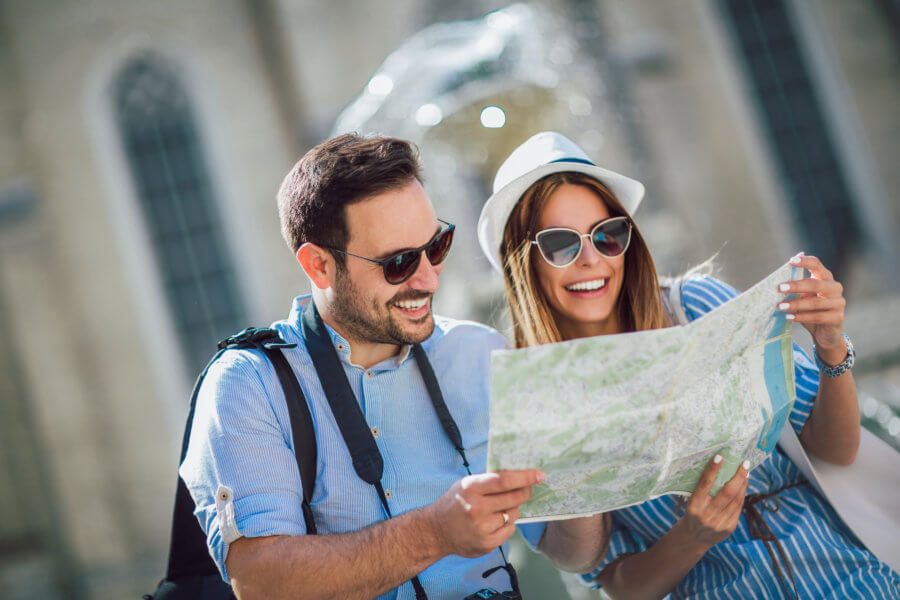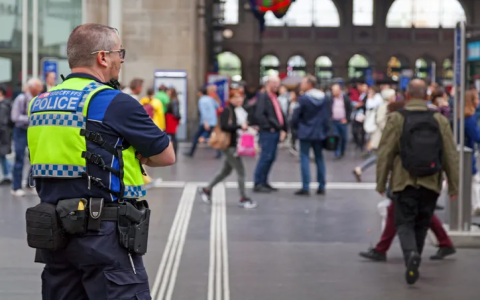Alright, so folks often ask me, or I see them stressing out online, about going to places that, well, let’s just say have a bit of a reputation for crime. It ain’t like you need to be a secret agent or anything, but you definitely can’t just wander in blind. It’s more about common sense than anything else, but a specific kind of common sense you gotta develop.

I learned this stuff the hard way, or rather, by almost learning it the hard way and then getting super serious. See, a few years back, I was planning this big trip. My first real solo adventure to a country that a lot of my friends were like, “Dude, are you crazy?” And honestly, I was a bit cocky. Figured, “Ah, it’ll be fine, I’m street smart.” Famous last words, right?
Then my buddy, let’s call him Mike, went on a trip. Not even to a “high crime” place, just a regular tourist spot. But Mike, bless his heart, walks around with his fancy new phone out all the time, designer bag, the whole nine yards. He got his pocket picked clean. Lost his phone, his wallet, everything. Called his parents crying from some internet cafe. That was a wake-up call for me. I saw how easily it could happen if you weren’t careful. My own trip was just a couple of months away, and the place I was going to? Yeah, it had stories. I didn’t want to be Mike. So, I decided I needed a proper plan, not just wishful thinking.
My Game Plan – Figuring Stuff Out
So, this is what I started doing, and what I still do. It’s not rocket science, just a process I stick to.
First up, homework, and lots of it. Before I even booked a flight, I was digging deep. I mean, really deep. I started by looking up the specific cities I wanted to visit. I read government travel advisories – they can be a bit dramatic, but they list common issues. Then I hit up travel forums. Not the glossy tourist ones, but the ones where people share the nitty-gritty. I looked for posts about “safety,” “scams,” “dangerous areas.” You learn a lot about what really goes on, not just what the brochures say. I’d make notes, like “don’t walk down X street after dark” or “watch out for the ‘friendly local’ who wants to take you to a special shop.”
Next, I thought about how I look. Seriously. I realized I didn’t want to scream “tourist with money.” So, I decided to leave my decent watch at home. My clothes? Plain, nothing flashy. No designer labels. My backpack was just a regular, unassuming bag. If I carried a camera, it was a small one, and I kept it tucked away most of the time, not dangling around my neck. The goal was to blend in as much as possible, or at least not stand out as an easy target.

Then came the on-the-ground stuff: being aware. This sounds obvious, but it’s amazing how many people walk around glued to their phones or looking lost. I made a conscious effort to just watch what was going on around me. Who’s nearby? Are people looking at me weirdly? If a street felt off, or too quiet, or too crowded in a weird way, I’d just turn around and walk the other way. Trust your gut. It’s usually right. I wasn’t paranoid, just… present. Like, if I was sitting at a café, I’d sit with my back to a wall if I could, so I could see who was coming and going.
Securing my base was key. When I looked for places to stay, I didn’t just go for the cheapest option. I read reviews specifically looking for comments on security. Did it have good locks? A safe in the room? Was the neighborhood generally considered safe? Once I was in, I always locked my door, even if I was just popping down to the lobby. And I used the room safe for my passport, extra cash, that kind of thing.
Getting around smartly. This was a big one. I always asked locals I trusted, like the staff at my guesthouse or hotel, about the safest ways to travel. Sometimes it was using a specific ride-hailing app, other times it was pre-booking a taxi through the hotel, or even knowing which bus routes were okay. I tried to avoid just flagging down random taxis on the street, especially late at night or if I was alone. If I had to walk, I’d try to stick to well-lit, busy streets, even if it meant taking a longer route.
Knowing the no-go zones. Every city has them, areas that even locals avoid, especially after dark. My research helped me identify these places beforehand. And my rule was simple: just don’t go there. Why risk it? There’s plenty to see and do in safer areas.
Digital safety nets. I always made sure someone back home knew my general itinerary. I’d check in regularly. I also kept digital copies of my important documents, like my passport and visa, stored securely online, just in case the physical ones went missing. Sharing my live location with a trusted friend via an app was also something I started doing, just for peace of mind.

A little bit of local language. I’m not talking about becoming fluent, but learning a few basic phrases like “hello,” “thank you,” “excuse me,” and importantly, “help” in the local language made a difference. I found people were generally more responsive and helpful if they saw I was making an effort.
- Research areas: I’d spend hours on this. Like, really get into the weeds on forums and local news sites (using translate if needed).
- Dress down: Seriously, leave the bling at home. You’re not there to impress anyone.
- Situational awareness: Head up, phone down. Look like you know where you’re going, even if you’re a bit lost.
- Secure your stuff: Hotel safe is your friend. Don’t leave valuables lying around.
- Smart transport: Ask locals. Pre-book. Avoid dodgy-looking rides.
- Nighttime rules: If in doubt, stay in or take a trusted taxi. Dark alleys are not for exploring.
- Emergency prep: Know the local emergency numbers. Have a backup plan if you lose your phone or wallet.
So yeah, that’s pretty much my drill. It’s not about being scared or letting fear ruin your trip. It’s about being prepared and smart. You take precautions in your own city, right? You probably don’t wander into the sketchiest part of town at 3 AM waving cash around. It’s the same idea, just in an unfamiliar environment. Since I started doing all this, I’ve been to some amazing places, places with “reputations,” and honestly, I’ve felt pretty safe because I knew I’d done my homework and was taking sensible steps. It just became second nature after a while. You just gotta be proactive, not reactive.









